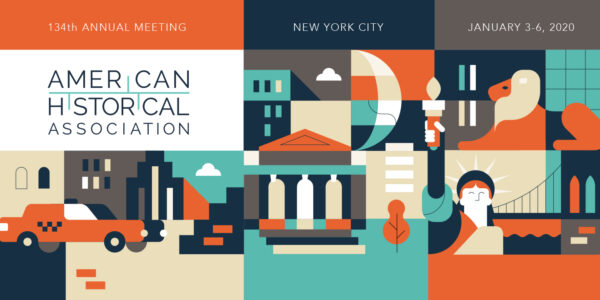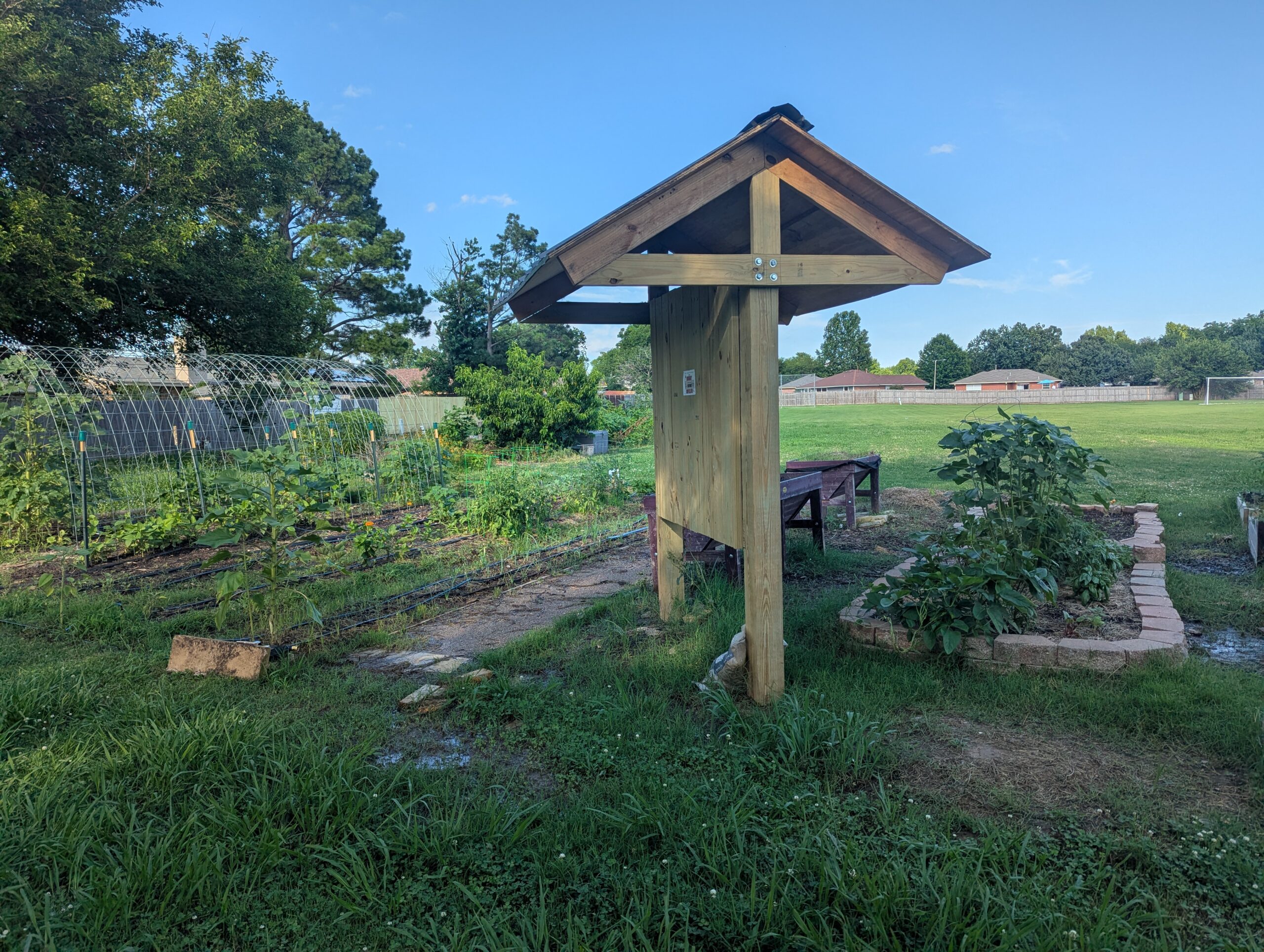We asked AHA’s Council, “If you had to make room to attend just a few sessions in your field at #AHA20, which ones couldn’t you pass up?” Attendees beware: you might need to borrow Hermione Granger’s time turner or master the manipulation of space and time to make it to all these sessions. Our councilors agreed that the hardest part of the annual meeting is creating your own personalized program, but with these suggestions, they’re here to help.

President John R. McNeill’s Friday evening plenary The Anthropocene kicks off the conference. McNeill also recommends the presidential session The Environmental History of New York City as most appropriate for the setting. He’s looking forward to sessions on teaching environmental history on the global scale and several dealing with colonial Latin America, including:
- Landscape Modifications and Colonial Control: Contestations over Nature, Extraction, Development, and Nonhuman Species in the Caribbean, Africa, and Southeast Asia
- Environmental Humanities and the Andean Mountain Range: Science, Geography, and Climate
- Situating the Environment in World History Courses
For those interested in the histories of social welfare, medicine, sex, disease, health, and science, President-elect Mary Lindemann and Councilor Alexandra Hui found no shortage of sessions that cover these topics in global and comparative perspectives. Both also find the various to be a conference highlight, “a quick orientation to the new work being done by our colleagues and students.” Hui and Lindemann are also marking their calendars for:
- Public Health Innovations in Times of Crisis
- Urban Vice: Sex, Regulation, and Public Morality in the Late 20th-Century City
- Bridging the “Two Cultures” in the Classroom: Using Historical Pedagogy to Enhance STEM Learning in Higher Education
- AIDS and the State
The Teaching Division reminds us what is at the core of the historical profession—teaching. Vice President Laura McEnaney and Councilor Carlos Contreras’s curated list invites those interested in making their history classes more engaging to sessions focused on new teaching methods and strategies to enhance retention and student success in history courses. McEnaney also recommends the tours of local museums and historic sites in New York City, “a reminder that local institutions are doing public history in really creative ways, responsive to the communities they serve.” The division suggests readers check out:
- Historical Research for K–12 Students: A Roundtable Discussion with Archivists and Educators
- Teaching World History to Prepare Students for Tomorrow: Building Partnerships across K–16 Classrooms
- Innovative Approaches for Fostering Student Engagement in Online History Classrooms
- Innovative Approaches to Engaging Our Community College History Students
Councilor Sue Marchand is enthused about the nearly 20 panels and roundtables that take up questions relating to immigration, music, law, and museums. Also intriguing for Marchand are sessions that ask topical questions such as: What is the salience of Central European history today? What is the future of German studies? Is fascism back? Sessions of particular interest to her include:
- The Nazi Legacy in the Trump Era: Research, Pedagogy, and Public Engagement
- How It All Got to Berlin: German Museum Collections in the Age of Empire
Between monuments and myths, nationalism and nostalgia, memory is all around us, and Councilor Melissa Bokovoy admires the rich abundance of such sessions, especially those contextualizing the modern Middle East. She recommends:
- Aftermaths of the First World War: Perceptions, Reconstruction, and Memory
- The Black Panther Party in Retrospective: History, Memory, and Representation
- Alternative Histories: Narratives from the Middle East and Mediterranean
Last, but certainly not least, Research Division Councilor Becky Nicolaides urges her fellow urban historians to explore several panels that take a global comparative approach to urban history, including Global Cities of the North and South and The Global Reach of Cities, a discussion with some of the field’s most influential scholars. To place our conference city in context, she’s also looking forward to Decentering Early New York City’s History.
These are just a few of the sessions the AHA Council is looking forward to at the 2020 annual meeting. Be sure to peruse the full online program for additional opportunities to join the many conversations on research, teaching, and the profession in January.
Devon Reich is operations and marketing assistant at the AHA.
This work is licensed under a Creative Commons Attribution-NonCommercial-NoDerivatives 4.0 International License. Attribution must provide author name, article title, Perspectives on History, date of publication, and a link to this page. This license applies only to the article, not to text or images used here by permission.


